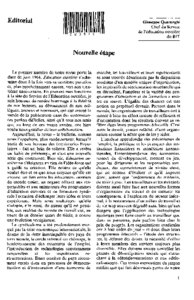Adjustments of local labour markets to the COVID-19 crisis: the role of digitalisation and working-from-home

Ben Yahmed, Sarra ; Berlingieri, Francesco ; Brüll, Eduard
Zentrum für Europäische Wirtschaftsforschung, Mannheim
ZEW - Mannheim
2022
52 p.
epidemic disease ; telework ; digitalisation ; labour market ; local level ; short time working
Discussion Paper
22-31
Labour market
https://ftp.zew.de/pub/zew-docs/dp/dp22031.pdf
English
Bibliogr.
"Employment responses to the COVID-19 crisis differed widely across German local labour markets at the beginning of the pandemic, with differences in short-time work rates of up to 20 percentage points. We show that digital capital, and to a lesser extent working-from-home, were essential for the resilience of local labour markets. Using an empirical strategy that combines a difference-in-differences approach with propensity score weighting, we find that local exposure to digital capital reduced short-time work usage by up to 4 percentage points and the effect lasted for about 8 months. Working-from-home potential lowered short-time work rates, but only in local labour markets exposed to digital capital, and in the first four months of the pandemic when a strict lockdown was in place. Differences in unemployment rates across local labour markets were at most 2 percentage points and did not depend on digital capital or working-from-home potential."
Digital
The ETUI is co-funded by the European Union. Views and opinions expressed are however those of the author(s) only and do not necessarily reflect those of the European Union or the ETUI.